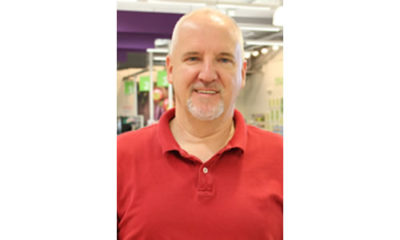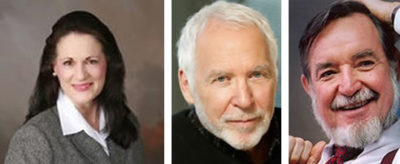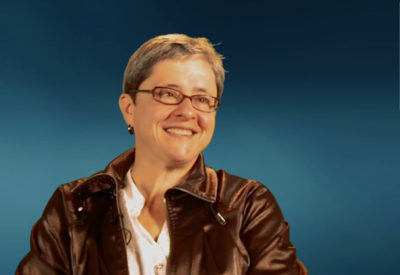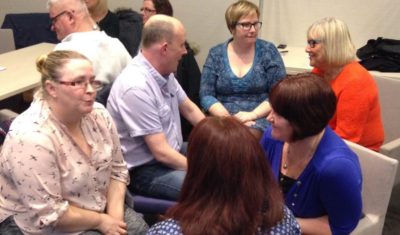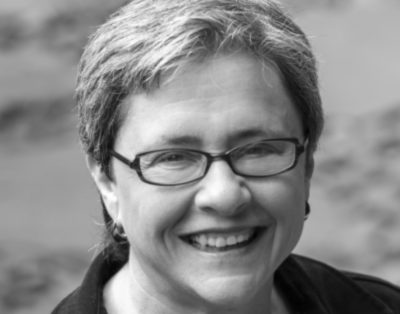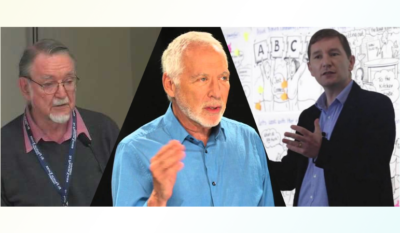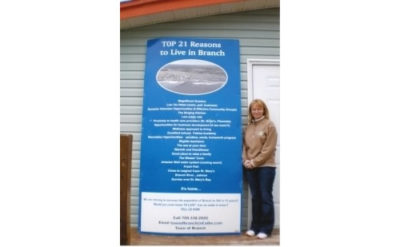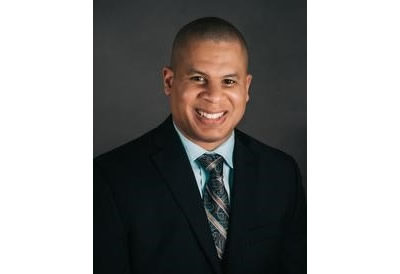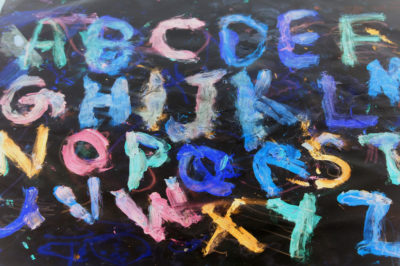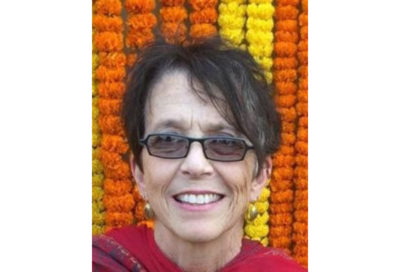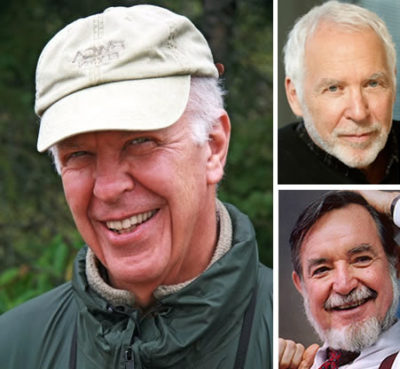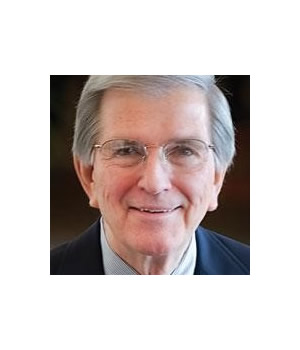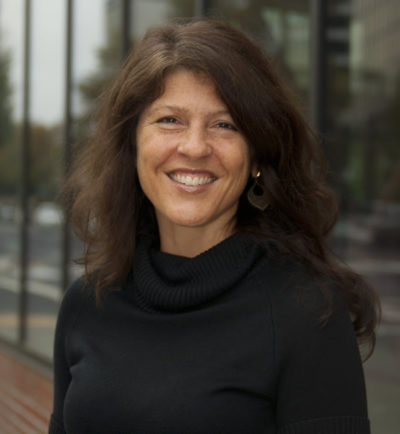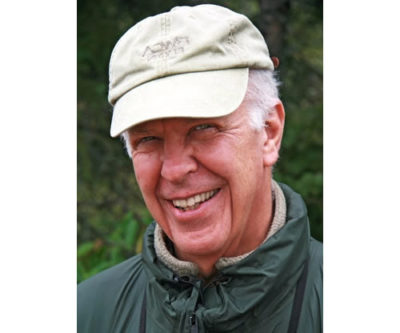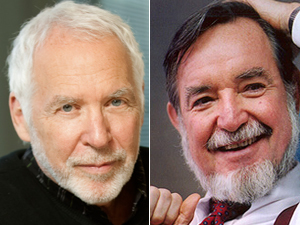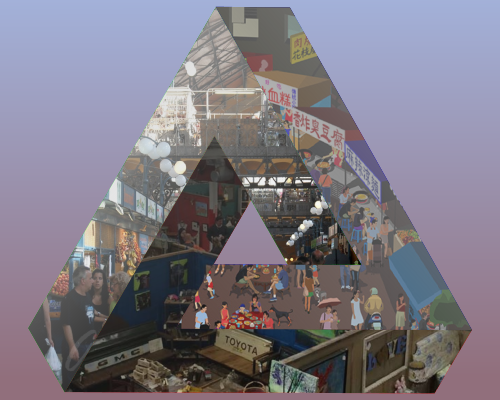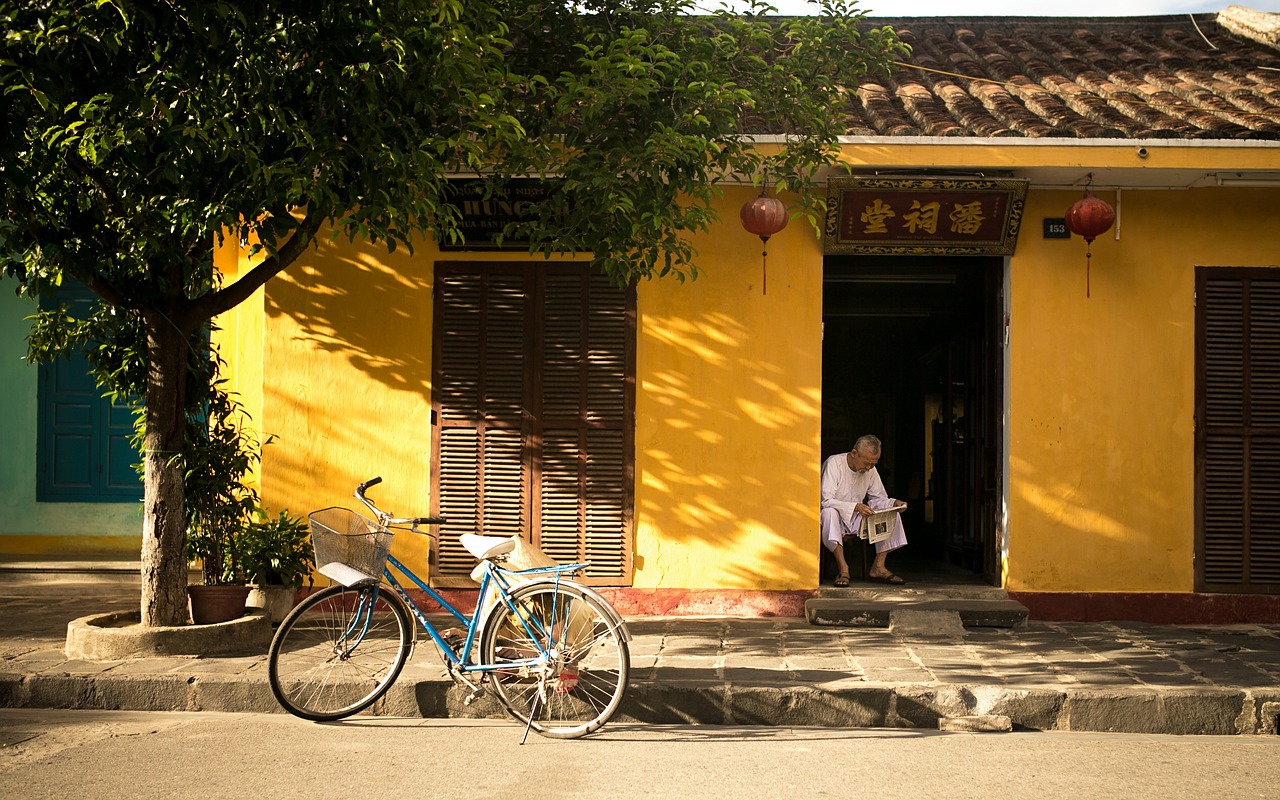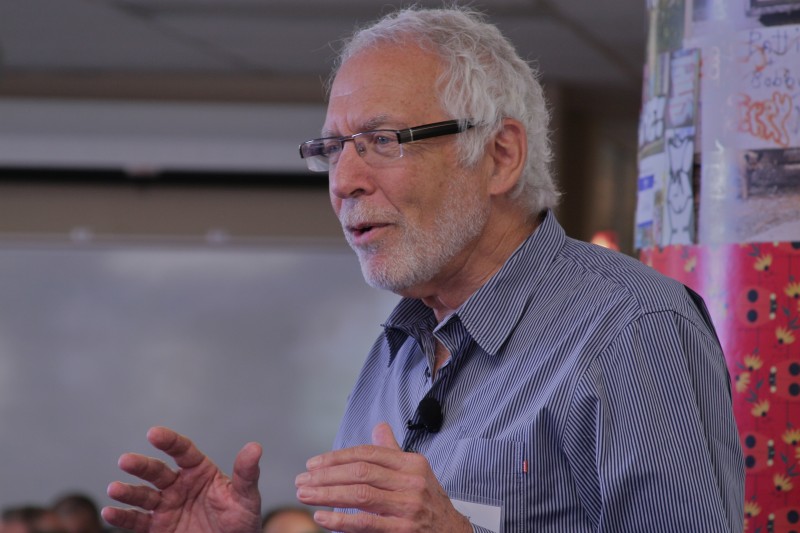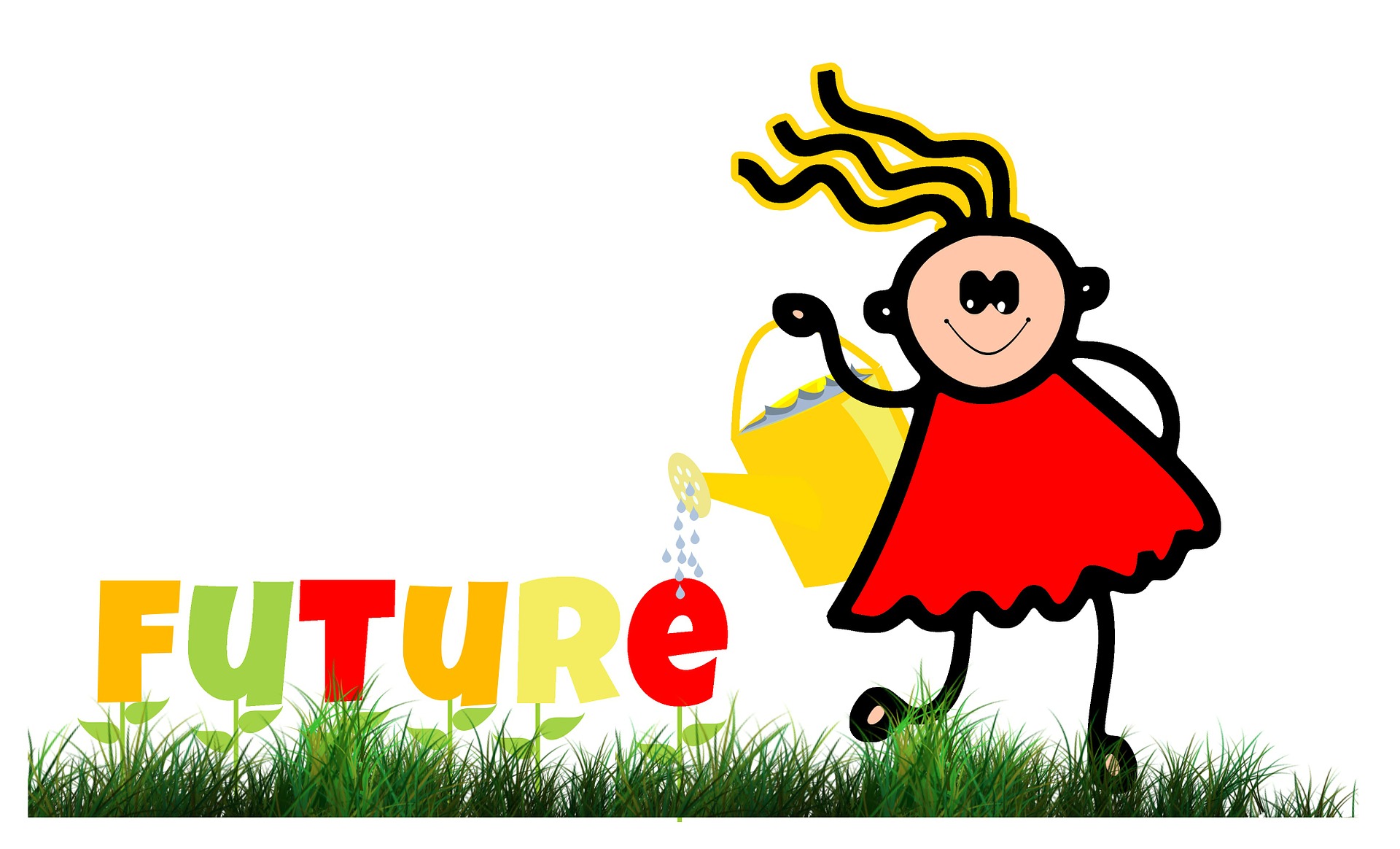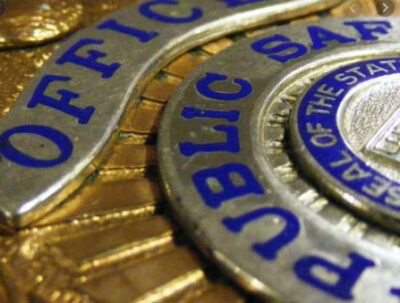Ground-breaking grocery store
Fare & Square VP of Retail Operations Mike Basher shares insight into the Chester, Pennsylvania supermarket formed by a Philadelphia food bank (Philabundance). Fare & Square is the first nonprofit grocery store of its kind in the U.S. bringing healthy, affordable food to what was once a food desert.
Operating in a low-income neighborhood, the store takes an interest in sharing how to prepare healthy food for low cost. Competing for low prices on meats, offering a special carry cash rewards system and educating customers on different choices are some of the ways Fare & Square is uniquely serving its community.
Don’t miss listening to the full conversation and hear how this model could be replicated across the country.
Listen:
Quotes:
“We’re trying to provide families in this community fresh affordable healthy foods that they can get right in their own back yards.” – Mike Basher
Related Links:
Fare & Square (store website)
Chester’s Nonprofit Food Market Tries to Square Mission with Bottom Line (online feature by Laura Benshoff for WHYY)
Chester Supermarket, ‘Fare & Square’ Changing Lives in Community (news clip by Matt DeLucia, NBC10 News)



